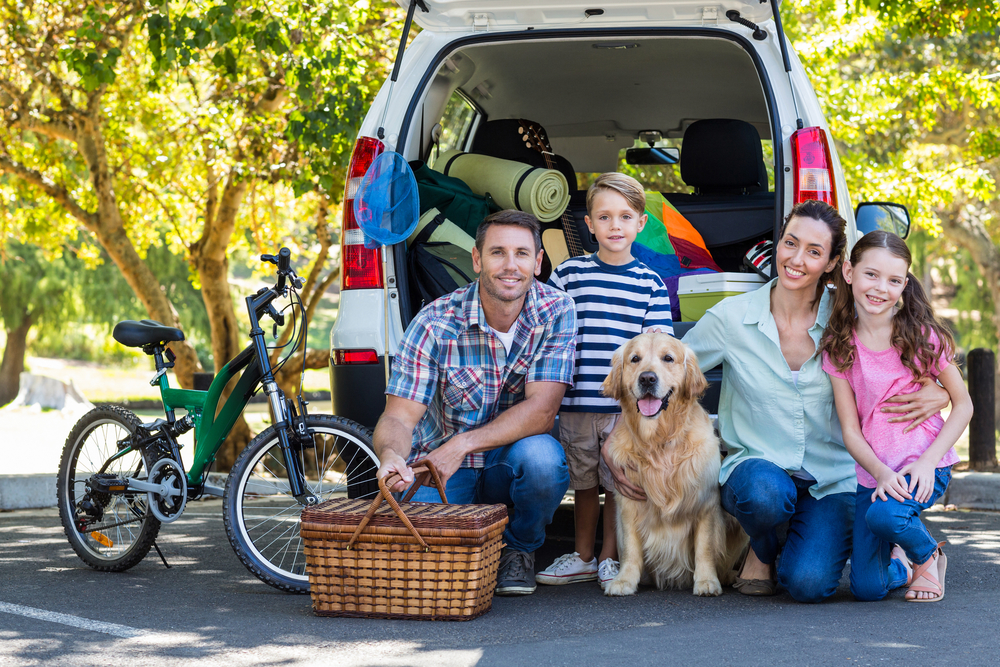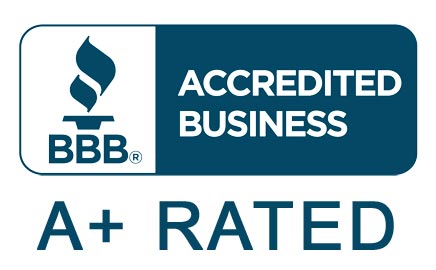While your vehicle may be able to handle your daily commute, it may not be up to traversing hundreds (or thousands) of miles. A little routine maintenance will help avoid unexpected mechanical repairs on the road. The following things on this road trip checklist are important for your safety and having them checked out will help ensure your trip is hassle-free and fun!
Engine Oil
Having the engine oil quality and levels checked out is one of the most important tasks on a road trip car checklist. Actually, the life of any vehicle depends on timely oil changes. If you’re close to the manufacturer’s recommended interval for an oil change, have it conducted before you hit the road.
Transmission Fluid
Heat can break transmission fluid down over time. To avoid problems, have the transmission fluid checked for the correct level, appearance, and smell. When it comes to fluid levels, transmission fluid typically doesn’t lower under normal operation. This means that if they drop, there could be a leak somewhere that needs to be addressed.
Brake Fluid
Low brake fluid is an indicator of not just a fluid leak, but excessive brake wear. If the brake fluid is coffee colored, this is an indication of moisture or contamination. If this happens, flushing will probably be required.
Power Steering Fluid
Low power steering fluid can result in the destruction of the power steering system. Burnt or dirty power steering fluid can cause premature power steering failure. These aren’t problems you want to run into on your road trip.
Engine Coolant
The coolant needs to be checked on a consistent basis, looking for condition and quantity. If the mechanic finds that the coolant is in bad condition, the coolant system will need to be flushed before going on your road trip. Ignoring the problem will cause the engine to overheat which can lead to even more damage.
Lighting
Checking the lighting is another crucial task on the road trip car checklist. Having properly working head and tail lights is important for driving safely at night. Plus, you don’t want to get pulled over for non-functioning lights.
Windshield Wipers
Don’t head out before checking the windshield wipers and replacing old blades with new ones. Be sure to top off the windshield washer fluid too. Fresh blades and fluid will keep your windows clean and vision clear on your trip.
Battery
Have the battery tested including fluid levels. If the battery is more than four years old, your mechanic will more than likely recommend replacing it before your road trip.
Belts and Hoses
Proper inspection includes looking for and replacing any cracked, brittle, blistered, or soft belts and hoses. As a safety precaution, belts and hoses that are over ten years old, or over 100,000 miles, should be replaced before your road trip.
Air Filters
Checking the air filters and changing them out if they’re dirty will take the strain off the motor and AC compressor. If the filters are coated in dirt and debris your vehicle will be forced to work a lot harder to run and keep cool.
Starting/Charging System
Each time you get in your car and turn the key, you depend on your charging system to get you on your way. If the starter/charging system is having problems, the battery or “check charging system” light will probably come on – something you definitely don’t want to see, especially when you’re on a road trip.
Tires
Tires are a key item on this road trip car checklist. Having the tires inspected for excessive or uneven wear is an obvious task. In addition, make sure all tires, even the spare, are properly inflated. Both over and under-inflated tires cut gas mileage and are a safety hazard.
Basic Safety Precautions
Follow basic safety precautions like keeping useful tools in your trunk. Some of the top road trip car checklists recommend keeping an emergency tool kit, including a good flashlight, jumper cables, a tire pressure gauge, and inflator and first aid kit in the trunk. In Arizona, consider keeping extra bottled water in your car, as long as it’s in a BPA-free container.
It’s also important to share the road, and employing good defensive driving techniques such as planning for emergency measures in the event cars around you act erratically. Sharing the road safely with other vehicles includes visibility, spacing, and a well-maintained vehicle.
Check off the recommendations on this road trip car checklist before you leave because if you run into problems later, it can ruin your vacation. The last thing you want to do is end up spending your vacation inside a service station while you’re waiting for a mechanic you don’t know to fix the car, or worse. Take the time now to have your vehicle inspected and have a good time. For a comprehensive assessment of your car’s readiness, contact us today.






